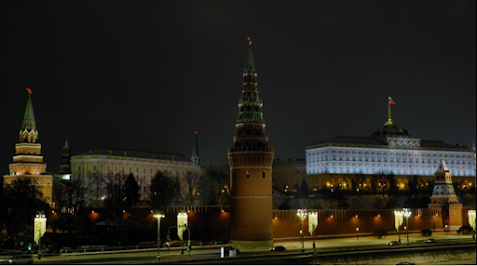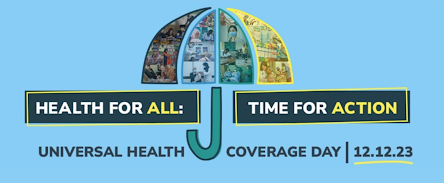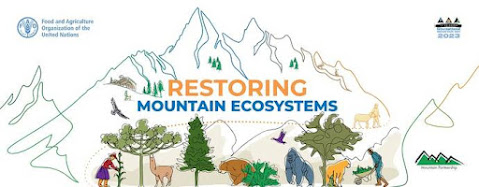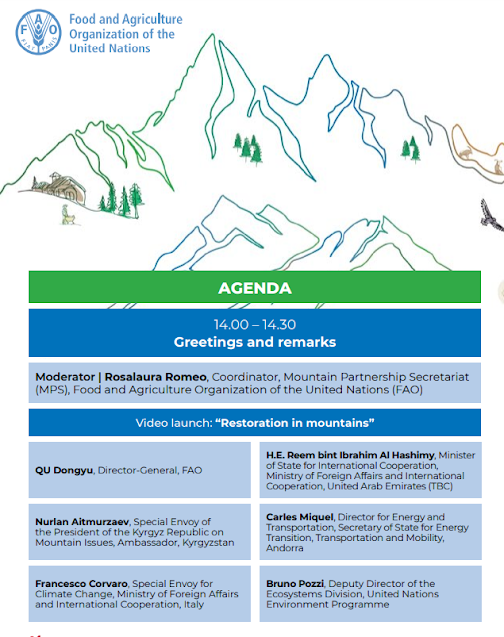Citizens of Russia, friends,
We are bidding farewell to 2023. Very soon it will become part of history and we will have to move forward, create the future.
We have worked very hard and accomplished a lot over the past year. We were proud of our common achievements and happy about our successes. And we were firm, protecting the national interests, our freedom and security, and our values which continue to provide us with an unshakeable foundation.
And the main thing which has united us is the destiny of the Motherland. There is a deep understanding of the utmost importance of the historic period which Russia is going through, those large-scale objectives which society is facing and the colossal responsibility for the Motherland which every one of us feels.
We are acutely and clearly aware of how much depends on us during this period, on our positive attitude, and our aspiration to support each other in word and deed.
Work for the collective good has united society. We are united in our thoughts, tasks and in combat, whether at work or on days off, displaying the main traits of the Russian people – solidarity, mercy and firmness.
I would like to address our military personnel – everyone who is on duty, who is on the front lines fighting for truth and justice. You are our heroes. Our hearts are with you. We are proud of you and we admire your courage.
I am well aware that now you feel the love of those nearest and dearest to you, the powerful, sincere support of millions of Russian citizens, the support of the entire people.
We have proved over and over again that we are able to tackle the most difficult tasks and we will never back down as there is no force that can divide us, make us forget the memory and the faith of our fathers, or stop our development.
Friends,
At all times, the New Year celebrations have been associated with bright hopes and the sincerest wish to bring joy to loved ones.
The upcoming year of 2024 has been declared the Year of the Family in our country. And a truly big family is definitely a family where children grow up, where parents are given attention, and treated with warm-heartedness and care, and where everyone loves and respects each other.
Devotion to the Motherland is nurtured via such kinship of all generations, love of home.
I would like to convey my very best wishes for the new year to all Russian families. After all, the history of our huge, wonderful and beloved Motherland is shaped by the history of each family. We – the multinational people of Russia – decide and create its fate.
We are one country, one big family. We will ensure the steady development of the Motherland, the well-being of our citizens, and we will become even stronger.
We are together. And this is the most reliable guarantee of the future of Russia.
Happy New Year, friends! Happy 2024!
























